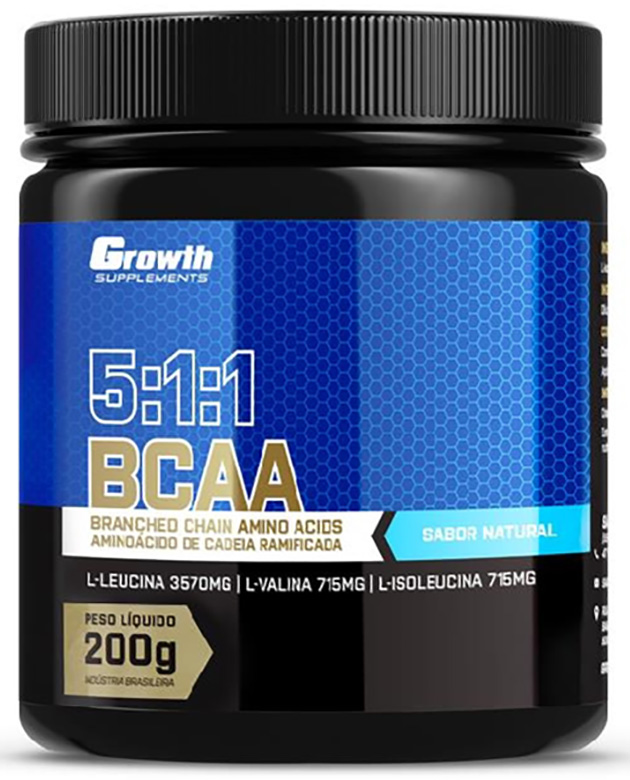
Branched amino acids, better known with the abbreviation BCAA, are part of the essential amino acids or that group of amino acids that our body must necessarily introduce with food (or supplementation) as they cannot be synthesized by our body.
As we all know, BCAAs are among the best known and most used food supplements in the world of bodybuilding and fitness but lately they are becoming increasingly popular also among endurance athletes.
There are a number of reasons why it is also beneficial for endurance athletes to take BCAAs:
They help the immune system:
In the hours following an intense and prolonged training our immune defenses are significantly lowered, making us easily attacked by various viruses and inflammations.
In one study (Bassit, 2000, 1) twelve triathletes ran an Olympic triathlon (1,5km swimming, 40km cycling, 10km running), six athletes were given BCAAs while six were given only a solution containing a placebo. In the triathletes who consumed BCAAs it was observed that the plasma level of glutamine remained unchanged compared to before the competition (compared to a reduction of 22,8% in the placebo group).
Thanks to BCAAs, therefore, our body spares glutamine, an essential amino acid to keep our immune system efficient.
Saving glutamine also helps prevent overraing.
Reduce the perception of fatigue:
A study conducted in 1997 (2) showed how the administration of BCAA helps to decrease the perception of fatigue in athletes.
In fact, during prolonged physical exercises there is an imbalance in the balance between plasma concentrations of BCAA and tryptophan.
This happens because with the prolongation of physical effort the stores of muscle glycogen (sugars) decrease and the contribution of proteins (mainly BCAAs) to energy purposes increases, resulting in a decrease in the concentration of BCAAs and an increase in tryptophan levels.
The tryptophan is then transformed into serotonin within the brain. Neurotransmitter that expresses a sedative effect, helping to reduce the intensity of performance.
The regular administration of BCAA therefore helps to keep the plastatic levels of leucine, isoleucine and valine stable, contributing to the sustainability of performance over time.
Performance increase:
BCAA supplementation does not directly increase endurance performance but, as demonstrated in a recent study (3), it helps to increase the oxidation of fats for energy purposes while preserving glycogen stores. Thus resulting in a greater availability of glycogen during the final stages of a training or competition.
Speed up recovery:
it has been shown (4) that the administration of BCAA (dose 1gr per kg of body weight) immediately after intense and prolonged muscular effort helps to speed up muscle recovery. Ingested during the famous anabolic window, they help rebuild muscle tissues damaged by training and decrease the muscle pain (DOMS) typical of the most demanding sessions.
They help weight loss and improve body composition:
The latest research claims that the intake of BCAAs (leucine in particular) helps to reduce the percentage of body fat by promoting weight loss. This effect is believed to be due to the fact that leucine, in combination with isoleucine and valine, improves the insulin response, increases energy expenditure and decreases appetite (by activating the Mtor enzyme) (5)
They favor a correct hormonal structure:
Numerous studies show that BCAA supplementation is also favorable from a hormonal point of view.
BCAAs help reduce post-workout cortisol levels, thereby reducing muscle catabolism (loss of lean mass) and fat accumulation (6).
Furthermore, the intake of branched chain amino acids in the post workout leads to an increase in the level of testosterone for a prolonged period of time, helping not only recovery but also the progression of training (7)
Methods, doses and timing of intake:
Based on personal needs and characteristics and the type of training or competition we are going to face.
For routine workouts, I personally always recommend taking about 1g per 10kg of body weight of branched chain amino acids, within 30 minutes of the end of the workout, accompanied by a drink containing a good amount of carbohydrates (about 20 to 40g).
Before important commitments (competitions) and long-lasting or particularly demanding workouts, I suggest the intake of 3-4 grams of BCAAs accompanied by simple water or possibly a drink containing slow-medium assimilation carbohydrates (maltodextrins).
During the performance it may be useful to consume a product containing the right proportion of carbohydrates and BCAAs, such as PRO: LONG, which dissolved in the bottle helps to support performance thanks to the energy, anti-catabolic and saline contribution.
Finally, at the end of the training or competition session, I would complete the intake with 3-4gr of branched amino acids together with 20-40gr of rapidly assimilated carbohydrates (dextrose or waxy corn starch).


























